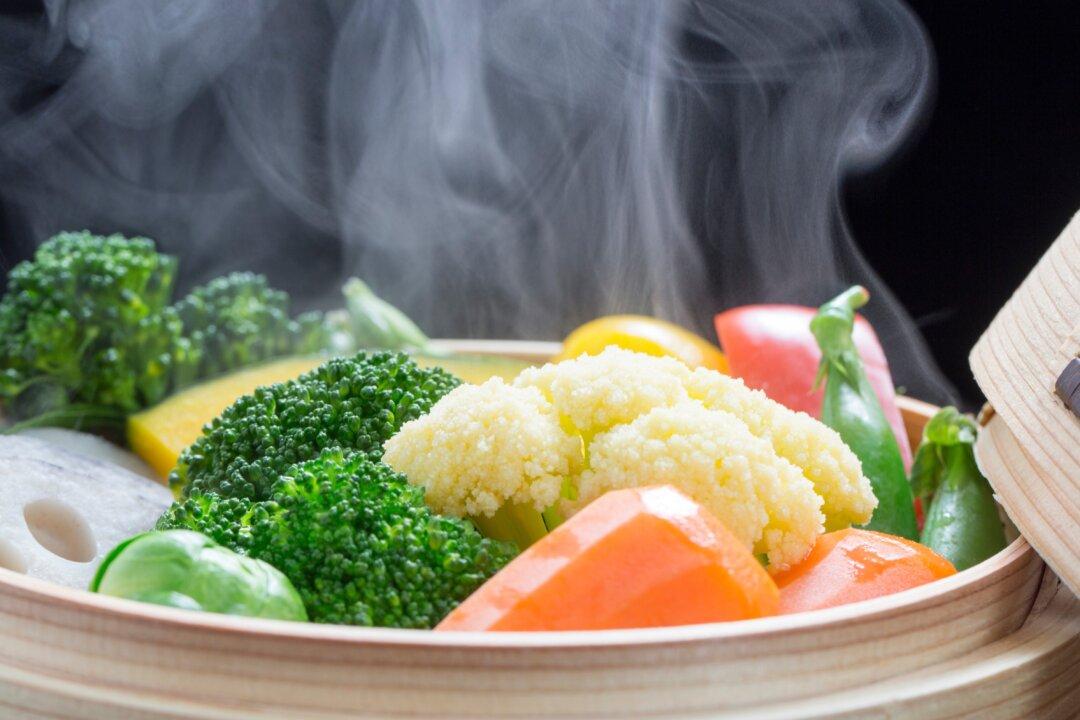Researchers in Australia have found that some of the most unpopular vegetables may help reduce the risk or even reverse the effects of stroke.
Sydney-based Heart Research Institute (HRI) has found that isothiocyanates, a group of chemicals found in cruciferous vegetables such as broccoli, brussels sprouts, cauliflower, bok choy, and cabbage, could reduce bad blood clotting, the most common cause of stroke.





